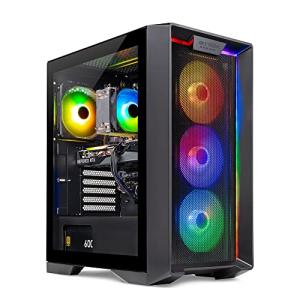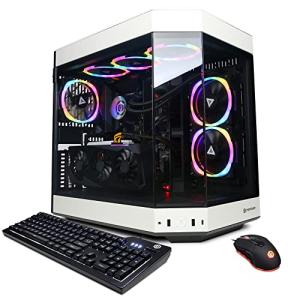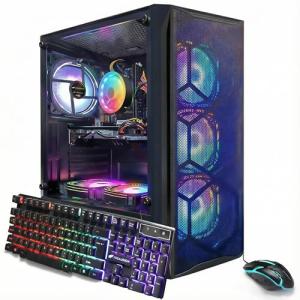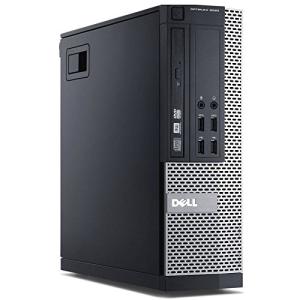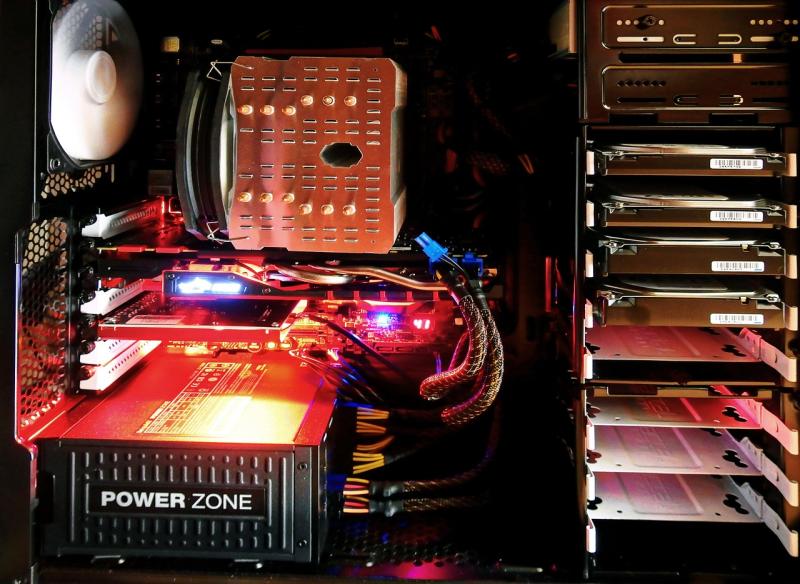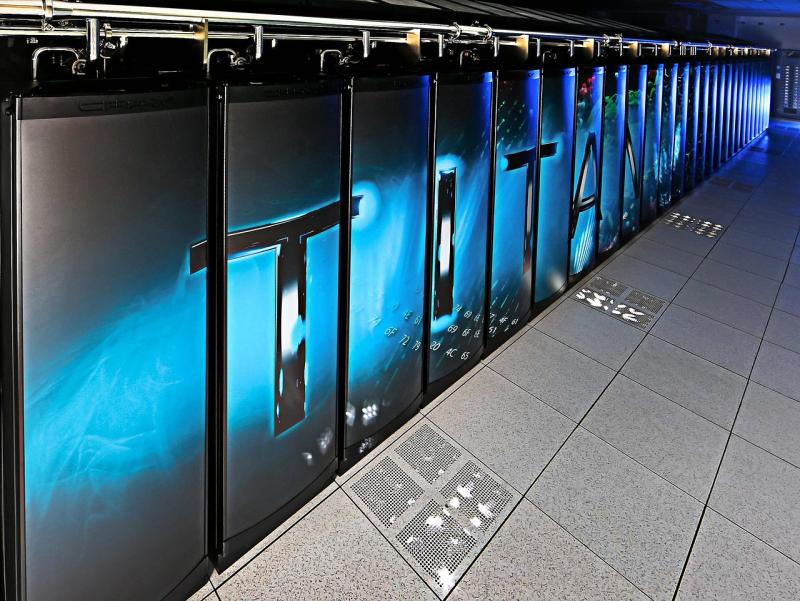**Introduction**
Field‑Programmable Gate Arrays (FPGAs) are at the forefront of customizable computing, allowing hardware to be reconfigured for specific tasks post‑manufacture. In PC systems, FPGA-based accelerators offer a versatile solution for tasks like real‑time data processing, image analysis, and AI inference. This article explores the innovations behind FPGA accelerators in PCs and describes how they enhance performance, reduce latency, and empower users with reconfigurable processing capabilities.
**Technological Innovations**
- **Reprogrammable Logic Blocks:**
FPGAs allow users to reconfigure circuits on‑the‑fly, optimizing system performance for niche tasks without requiring custom silicon.
- **Parallel Processing Architecture:**
Their inherent parallelism makes FPGAs ideal for accelerating repetitive and computationally intense tasks, significantly boosting efficiency.
- **Dynamic Reconfiguration:**
FPGA accelerators can adapt their configuration based on live data and workload demands, ensuring optimal performance.
- **Industry‑Standard Interfaces:**
Modern FPGAs support configurations across PCI‑Express and other high‑speed interfaces, ensuring seamless integration with existing PC systems.
**Applications and Benefits**
- **Custom Hardware Acceleration:**
Engineers and researchers can tailor systems for specialized workloads like video encoding, encryption, and AI, reducing processing times.
- **Enhanced Energy Efficiency:**
Offloading tasks to FPGAs reduces the power consumption of general‑purpose processors, leading to a more energy‑efficient system.
- **Reduced Latency:**
Parallel processing and dynamic reconfiguration minimize delays, making FPGAs ideal for real‑time applications such as trading platforms and interactive simulations.
- **Cost‑Effective Performance Increase:**
By enabling custom hardware solutions without the cost of ASIC development, FPGAs offer a flexible, scalable upgrade path for PC systems.
**Future Directions**
Future FPGA developments may include deeper integration with AI design tools, streamlined programming interfaces, and enhanced security features. The growing trend toward heterogeneous computing suggests that FPGAs will become an essential component in high‑performance and adaptive PC architectures.
**Keywords:** FPGA accelerator, reconfigurable computing, custom hardware, parallel processing, low‑latency, energy‑efficient, PC acceleration, dynamic reconfiguration, FPGA integration
FPGA-Based Accelerators
Customizable, Reconfigurable Computing for PCs
Related Articles
Essential High-Performance PC Components You Need Now
Upgrade your setup with the must-have parts for unbeatable gaming and productivity
Top Picks for Best High-Performance PCs
Find the perfect power machine for gaming, work, or creative projects
Your Guide to the Best High-Performance PCs
Find the Right PC for Your Gaming and Creative Needs
View our related products
See more